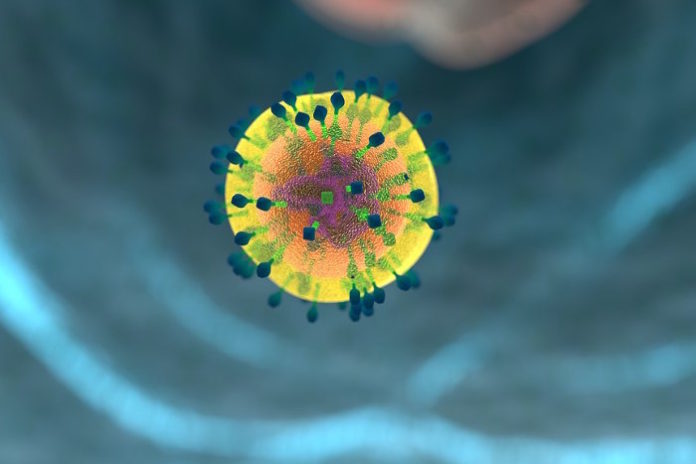HIV is a virus that gradually attacks the body’s immune system. Transmitted through infected bodily fluids like blood or semen, the virus enters the bloodstream and targets the host’s helper T cells, a specialized type of white blood cells. Because it is a retrovirus, HIV can hijack the host’s replication machinery to make more of copies of itself.
It’s estimated that the virus can make up to 10 billion new copies every day. The onslaught of viruses damages the immune system, leaving patients vulnerable to a host of infections. This is the AIDS (acquired human immunodeficiency syndrome) part of HIV/AIDS.
But in a subset of population – 170 children in South Africa – scientists found a conundrum. These children are unequivocally positive for HIV infection – they have viral counts in the thousands – yet somehow have never had AIDS despite any antiretroviral therapy.
“This is quite unusual because in general the progression from HIV infection to serious disease is more rapid in children than in adults. About 60 percent of kids infected die within two and a half years,” said Philip Goulder, a pediatric infectious disease researcher at the University of Oxford, and senior author of the study.
Are these children equip with a more robust, aggressive immune system that wards off HIV?
It seems the complete opposite may be true: the immune system in these children seem to be adopting a “keep calm and carry on” approach. “Essentially, their immune system is ignoring the virus as far as possible,” said Goulder.
This counterintuitive mechanism has also been documented in some 40 species of monkeys that can survive infection with SIV, a related virus to HIV. “Natural selection has worked in these cases,” said Goulder, “and the mechanism is very similar to the one in these kids that don’t progress,” said Goulder.
“Scientists have known for decades that immune system activation is a crucial step in SIV in monkeys,” said Derya Unutmaz, an immunologist at The Jackson Laboratory for Genomic Medicine, in Farmington, Connecticut.“What is exciting about this result is that it recapitulates an important difference seen in African monkeys versus Asian monkeys in how they deal with the virus.”
According to the research, the immune system typically goes into overdrive to attack HIV after infection. But, as Goulder explained: “Waging war against the virus is in most cases the wrong thing to do.” This is because chronic inflammation and hyperactivity of the immune system is actually quite detrimental to the human system, making the body incredibly more susceptible to infection and diseases.
Of note, researchers don’t yet know if HIV in these children will persist or worsen later in life, as immune systems can change drastically from childhood to adulthood.
The implications for this discovery are quite broad for the field of HIV/AIDS research. It suggests that the infection and subsequent response has a lot to do with how our immune system reacts to the virus. It also gives great hope that we may be able to model this “laissez-faire” approach to combat HIV in other populations. “We may be identifying an entirely new pathway by studying kids that in the longer term could be translated to new treatments for all HIV infected people,”Goulder said.
Source: LabRoot






























